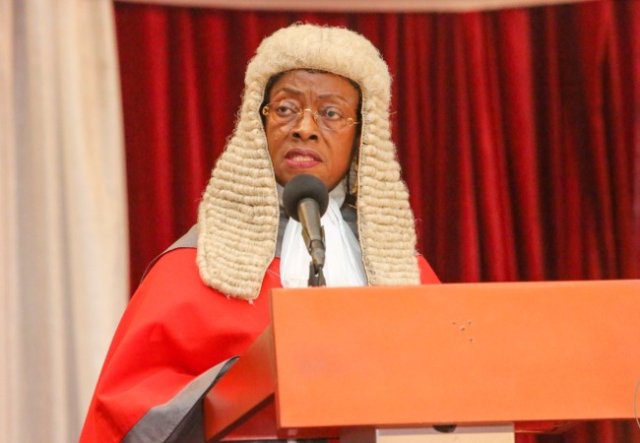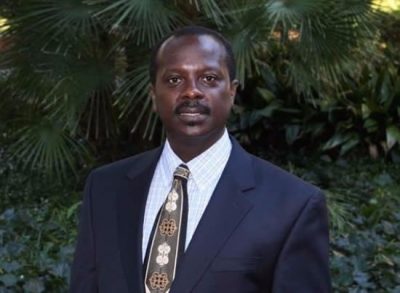The Chief campaigner for reform in Ghana’s legal education system has unveiled a proposal to replace the country’s ‘archaic’, ‘outmoded’ and ‘wasteful
The Chief campaigner for reform in Ghana’s legal education system has unveiled a proposal to replace the country’s ‘archaic’, ‘outmoded’ and ‘wasteful’ methods of training lawyers.
Prof. Stephen Kwaku Asare has proposed the complete scrapping of the General Legal Council, a body that supervises legal education and which is stashed with Supreme Court judges and chaired by the head of the judiciary, the Chief Justice, currently Justice Sophia Akuffo.
Prof. Asare who has been battling regulators in legal education since 2015 explained, the system is controlled by entrenched regulators who resist change.
Prof Asare says the regulators and stakeholders have “woefully failed to deploy technology to promote efficient delivery of so-called professional [legal] education.”
To be called to the bar, an LLB student must obtain admission into the Ghana School of Law for two years and pass a final exams.
If a student fails three of 10 courses, the entire course must be repeated. Grade C is rated a fail. A student is required to pay 3,000 cedis to have a paper remarked.
The failure rates at the Ghana School of Law has been staggering. In May 2019, results showed out of the 525 students who sat the exam, only 64 passed. In the 2017 exams, the failure rate was 81%.
Prof. Asare predicts the 2019 failure rates will keep to the previous script of wide-scale let-downs.
‘It is like Accra floods’, he compared it to the constant flooding of the capital every rainy season.
No other professional body in Ghana requires students to undergo what students say is a strenuous procedure that appears to keep more out and let a few in.
Some regulators have pointed to weak attention and effort of the students. But Prof. Azar has noted, arrogant regulators are at the heart of the problem.
Challenging these regulators, an occupation of Prof. Asare, has been ‘uncomfortable’, he said on Joy’s FM Super Morning Show Tuesday.
He would sue the General Legal Council only to find its members or its allies are sitting on his case in court.
Continuing with his relentless campaign for the liberalisation of legal education which has included going to the Supreme Court, he has proposed a 15-member body whose duty will be to conduct bar exams for any LLB holder.
There would be no need to go through the Ghana School of Law which routinely denies admission on the grounds of limited space.
He said like accountants, doctors, nurses and other professionals, once you have the required academic certificate, you should sit a professional exam and be called to the Bar when you pass.
The 15-member body must have no judge and critically must have no Chief Justice as member, the reform activist explained.
The body, he said, must have ‘scholarly’ members with a proven “affirmative” track record in promoting legal education.
There is a GLC-backed Independent Examination Committee that conducts the bar exams for students but Prof. Asare denounced this committee as a “huge” contributor to the law school crisis.
The committee was involved an exam leakage scandal in 2018, he said.
It also engages in “unusual examination practice” by asking students to chose any four of five questions only to add that four of the questions are compulsory.
He also lamented a “misguided character reference” procedure that requires students to get endorsements from experienced lawyers.
Prof. Asare said some 80 students who once challenged their grades and asked for remarking at the cost of 3,000 cedis per course, passed and this shows the marking scheme is problematic.
The lawyer observed that “cost of legal education, student attrition rate, duration of education, stakeholders dissatisfaction with the General Legal Council, the IEC, are all unacceptably high for the very simple reason that the regulators have failed to adapt.”


COMMENTS